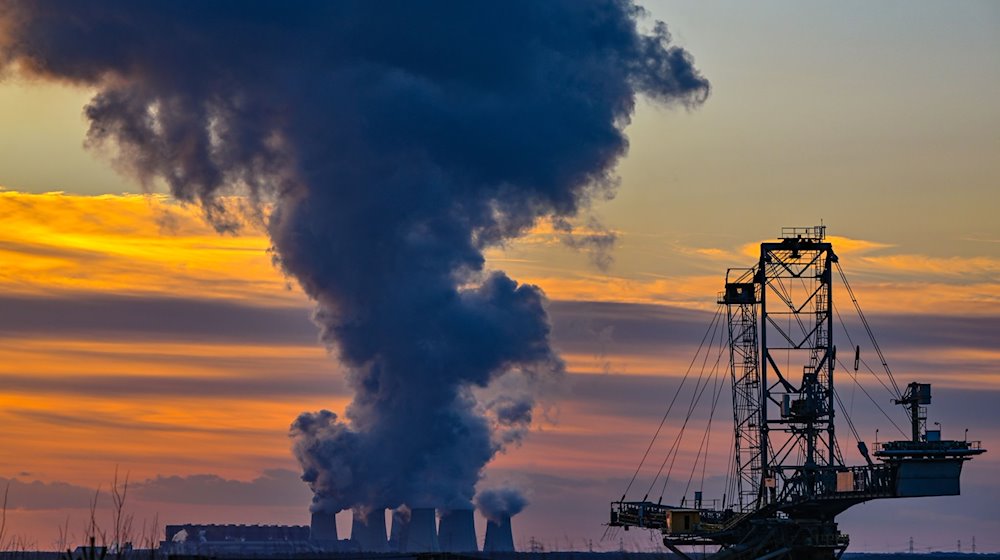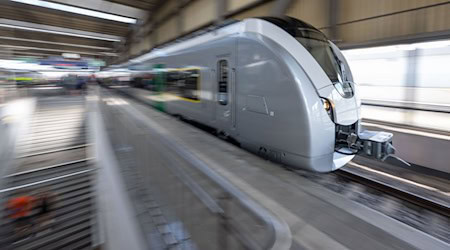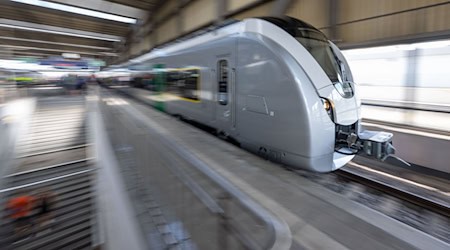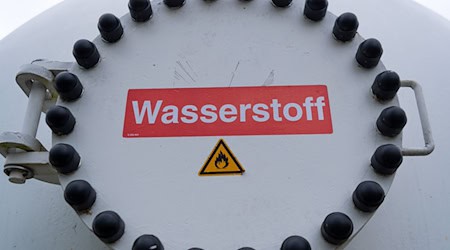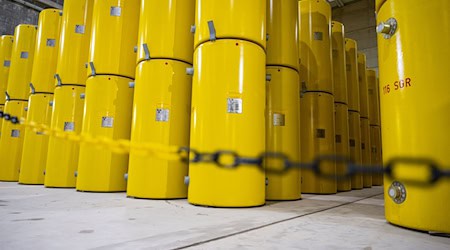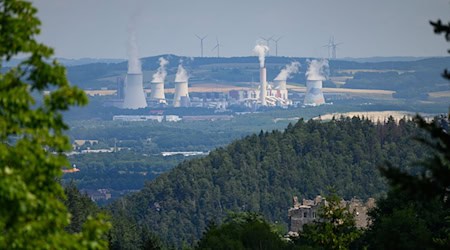As planned, seven more lignite-fired power plant units in Germany will be permanently decommissioned at the end of March. The decommissioning of all units had been planned earlier. In order to save natural gas in power generation during the energy crisis, the German government had taken five units out of the so-called supply reserve. Two further units were allowed to continue operating beyond the originally planned shutdown date. All were allowed to sell their electricity wholesale. At the end of the winter of 2023/24, it will finally be over.
Blocks E and F at the Niederaussem power plant and Block C at the Neurath power plant in the Rhineland mining district were taken out of the security reserve. All belong to the energy company RWE. In the Lusatian coalfield, units E and F at the Jänschwalde power plant, which belong to the energy company Leag, were recalled. In addition, two further units (D and E) at RWE's Neurath power plant were extended in operation.
For the reactivation of the plants from security standby, former employees also returned from retirement to their old jobs. Others postponed the start of their retirement.
In total, the seven units have an output of around 3.1 gigawatts. By comparison, the Datteln 4 hard coal-fired power plant has an output of just under 1.1 gigawatts. According to the Federal Network Agency, electricity generation plants with a total capacity of 245 gigawatts were on the market in Germany in November. Renewable energy sources accounted for around 159 gigawatts of this.
The grid agency does not believe that the shutdowns will affect the security of supply. "The closures are planned and have been taken into account in all supply forecasts. Security of supply is still guaranteed," said a spokesperson. Electricity will be generated in the European network where it is cheapest to do so. "Germany and the other European countries benefit mutually from the most favorable generation conditions." In each case, the cheapest generation technologies currently available would be used first, said the spokesperson.
The Federal Ministry of Economics is legally obliged to examine how much additional greenhouse gas has been emitted by the continued operation of coal-fired power plants. By the end of June, it must make proposals on what measures can be taken to offset these additional emissions.
Copyright 2024, dpa (www.dpa.de). All rights reserved

